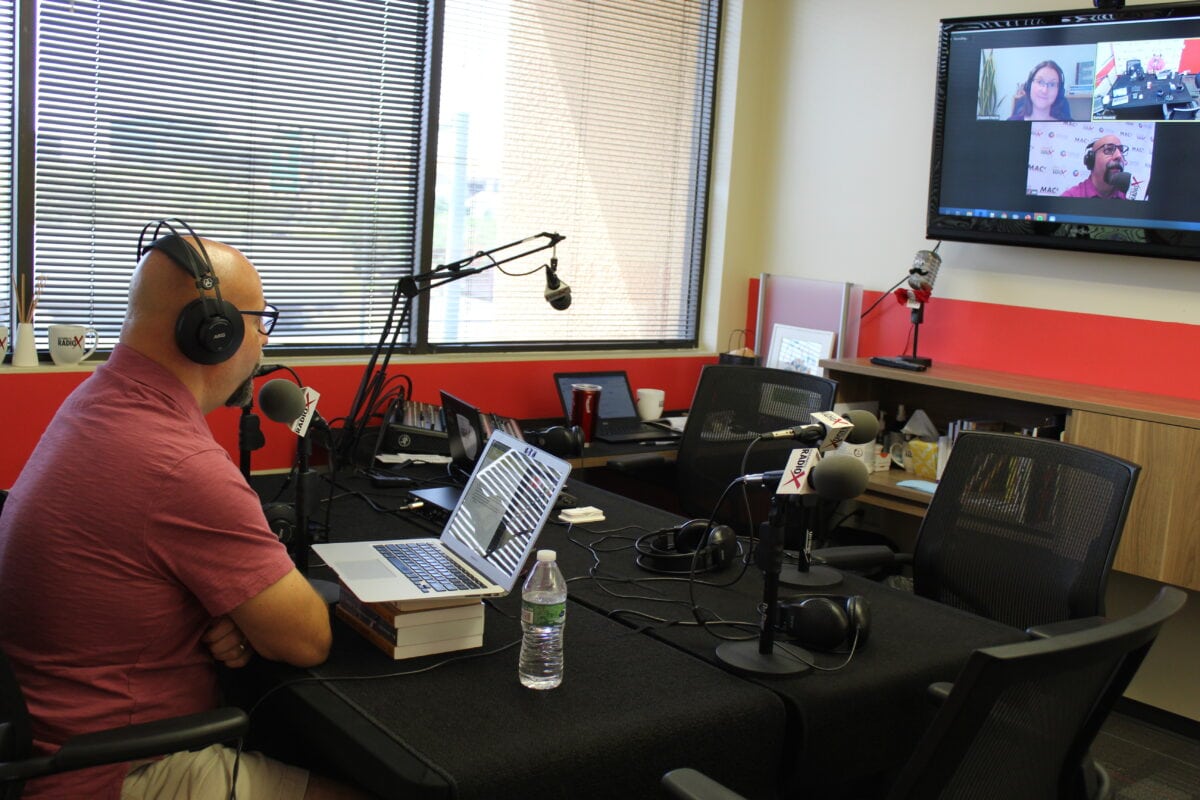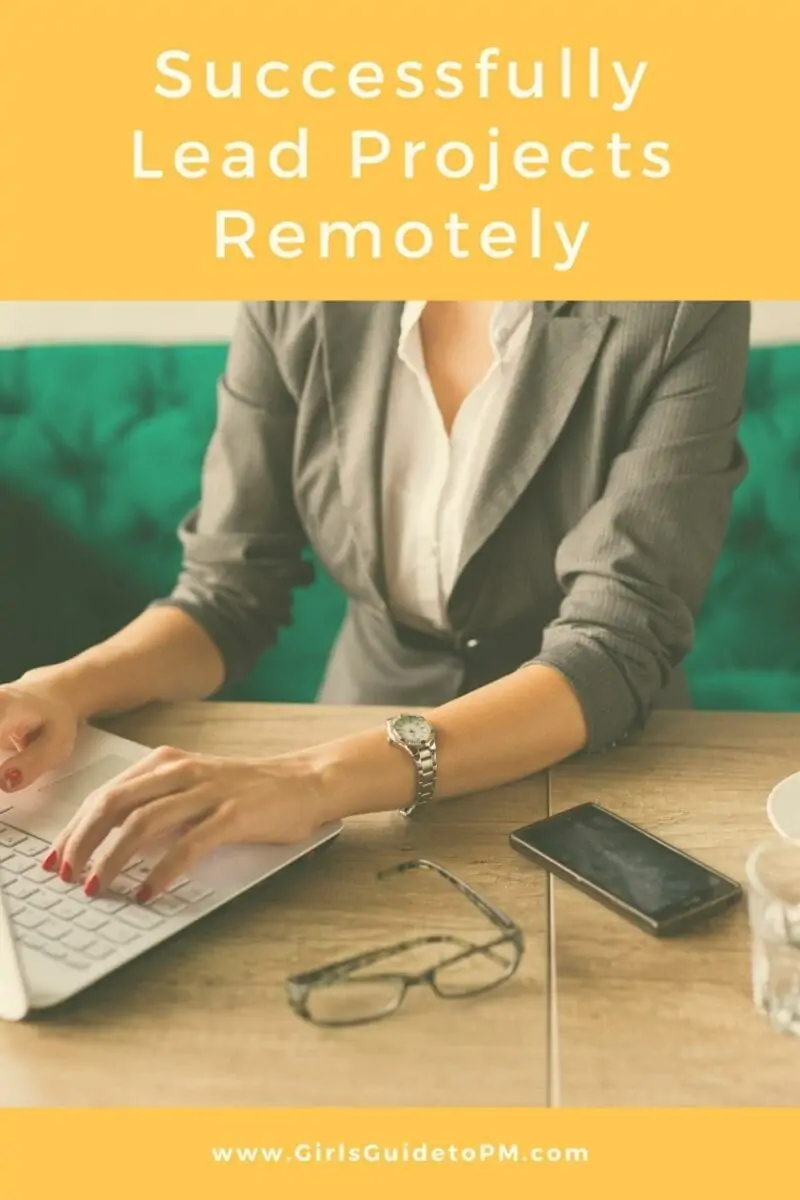Successfully Lead Projects Remotely
Recently I joined Joe Pusz for his podcast, Project Management Office Hours. We talked about how to successfully lead projects remotely. As more and more companies transition to allow their employees to work from home post-pandemic, these skills are going to continue to serve us moving forward.
Some of the key takeaways:
Joe: How has COVID-19 really changed the way project managers are working these days?
Elizabeth: Well, I think it’s, in my experience, it’s been sector dependent, because I know a lot of project managers who are incredibly busy, because they’ve had to pick up the slack from colleagues being off sick or quarantining or self isolating. And all projects, new projects have come up that we just need to suddenly respond to. So they’ve either been incredibly busy, or they’ve been made redundant. And now they’re looking for work much as other people in in all kinds of different jobs.
So I think the impact on the way that project managers or work is, has perhaps been that but in terms of the work we actually do, I haven’t really noticed that much of a difference to be honest, because, I mean, I’ve worked with virtual teams about 13 years, I haven’t been fully based at home all that time. But I have always done some work based at home. And I think that because of the nature of what project managers do, we can do a lot of it remotely.
So I think we’re doing the same work. We’re just doing it doing using different tools. And there’s gonna be long-term implications as well for things that require teams to get together, like you said. So things like the health and safety of project teams on construction sites and stuff, we’re going to have to think about probably for years to come, but how do we actually deliver these projects safely? And we’ve seen a big uptake in tools as well. I think people are using tools like we’re using today to connect across the oceans. Instead, you’re connecting with a person who lives two streets away, who’s also working from home.

Joe: How what what can you share with the listeners that are struggling out there being remote right now?
Elizabeth: Well, there’s some practical things, I suppose I can suggest getting comfortable on camera would be one.
I’m still surprised to see people. In fact, I was mentoring someone the other day who said that she was working with a colleague who wouldn’t switch her camera on and worse, wouldn’t speak. And I couldn’t understand that because you’re speak to someone on the phone, how is it different to speak to someone through the medium of your computer, but I still think there are people out there who are technologically shy, or who are not confident using the tools that we’re using.
So if if you feel like the virtual world is not for you, then then perhaps spending some time getting to know the technology and doing some practice runs with friendly colleagues would be good. And I can I can say that because it’s happened to me, I used a webinar platform, which is okay. And I used it for a long time because I bought a license that meant I could use it. And I didn’t wanna have to pay extra for Zoom, because I was I already had a tool that was adequate. And I just lost connection during it, I couldn’t work out the controls. And I just didn’t feel like it was natural.

And I don’t want this to turn into an advert for Zoom. But last month I paid for it because and it has made such a difference to my life. Because I feel like I’m in control of the technology. And it is not me driving, being driven by the tools, I can run my sessions the way I want to without having to worry about it. So if you’re not comfortable with the tech, that’s an easy, easy thing to fix.
And I also think switching off at night is harder. When I commuted into London, I was on the train for about an hour, my whole journey was about an hour and a half. And that was a lot of time to try to wind down after the day, finish up those emails I forgot to send by doing it from the train, read a book or listen to a podcast or something like that. And I’d walk through the door and, and I’d forgotten about work. But by the time I turn off my computer here and then walk back into the house because I have a shed in the garden. It takes about 10 seconds. And it may be even less probably even less. And I don’t switch off. There isn’t any wind-down commute time.
One of the nice things about this podcast is you can watch it as well as listen to it!
Pin for later reading

